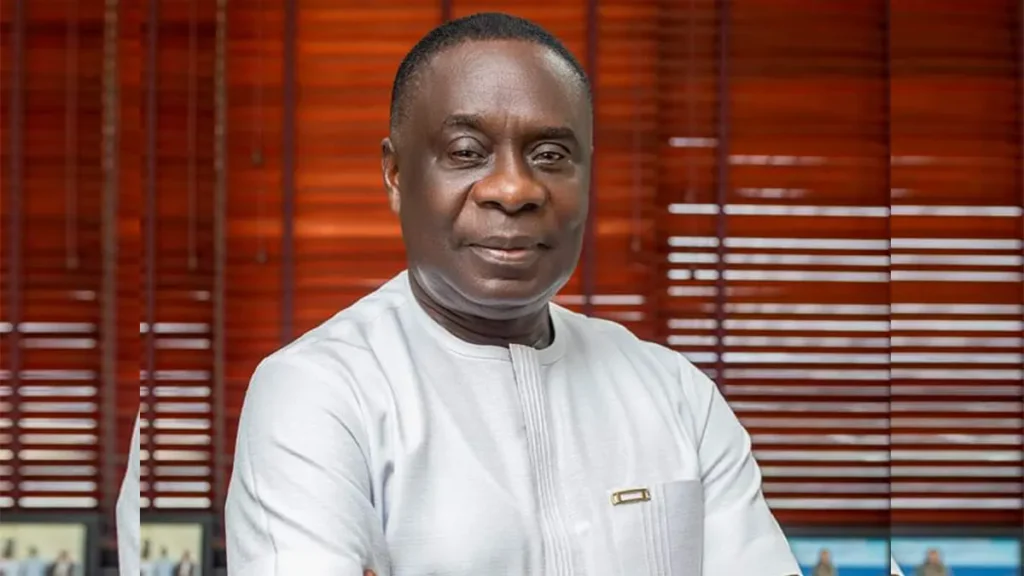Quayson Calls for Action to Shield Young People from Excessive Visa Charges by Western Countries

James Gyakye Quayson, Deputy Minister-designate for Foreign Affairs, has raised concerns about what he described as the exploitative nature of visa application fees charged by foreign embassies in Ghana. According to him, these fees place an undue financial burden on young Ghanaians, most of whom are ultimately denied entry visas by developed countries.
Speaking during his vetting before the Appointments Committee of Parliament on July 25, 2025, Quayson accused some advanced nations of using visa fees as a hidden revenue stream to fund their embassies in Ghana and across Africa.
“I personally believe that many of these so-called developed countries are financially benefitting from our people,” he stated. “They collect substantial visa application fees, yet deny the vast majority of applicants. This practice is unfair and needs to be addressed.”
Quayson explained that visa fees—often non-refundable—are typically around $160 per application. For many Ghanaian youth, this amount represents one or two months’ income. Despite the high cost, the success rate for visa applications remains extremely low, with rejection rates estimated at 90 to 95 percent, especially among young applicants.
“These embassies are not solely funded by their home governments. A large portion of their operating budgets comes from the fees our people pay,” he noted. “There’s a misconception that these wealthy countries can easily afford to run embassies here, but in reality, they rely heavily on funds generated locally through visa processing.”
The Deputy Minister-designate was responding to a question about whether he would support a policy that requires embassies to refund visa application fees when applications are denied. While acknowledging that such a move would require policy reform and diplomatic negotiations, Quayson stressed that it is an issue Ghana can no longer ignore.
“It is fundamentally an administrative matter, but one that deserves serious attention,” he said. “We cannot allow a system to continue where our young people are repeatedly drained of their limited resources in pursuit of opportunities abroad—opportunities that are denied without explanation or recourse.”
Quayson called for a broader reform of Ghana’s foreign policy to reflect the needs and interests of its citizens. He argued that protecting Ghanaians, particularly vulnerable youth, should be at the core of the country’s international engagements.
“Foreign policy should not be about prioritising the interests of other nations. It must begin with protecting our own people. Reciprocity and fairness should guide our relationships with other countries,” he asserted.
He also emphasised the importance of creating more opportunities within Ghana to reduce the pressure on young people to seek better lives abroad. However, he acknowledged that migration will continue to be a reality for many, and the systems regulating it must be made more equitable.
“This isn’t about stopping people from traveling—it’s about making sure that the process is just,” he said. “We must hold embassies accountable for how they treat our citizens. Charging people high fees and rejecting them without explanation cannot be the norm.”
Quayson pledged that, if confirmed in his role, he would initiate discussions with foreign embassies and explore avenues for policy change that protect Ghanaians from unfair visa practices. He said this includes advocating for greater transparency in visa processes and exploring refund mechanisms for denied applications.
“We need to stand up for our people,” he concluded. “Ghana’s foreign policy must evolve to reflect the economic realities and dignity of its citizens. This is not just a diplomatic issue—it’s a matter of justice and fairness.”
As the debate on visa fairness continues across the African continent, Quayson’s comments add to growing calls for reform in the relationship between African nations and developed countries regarding immigration procedures.






